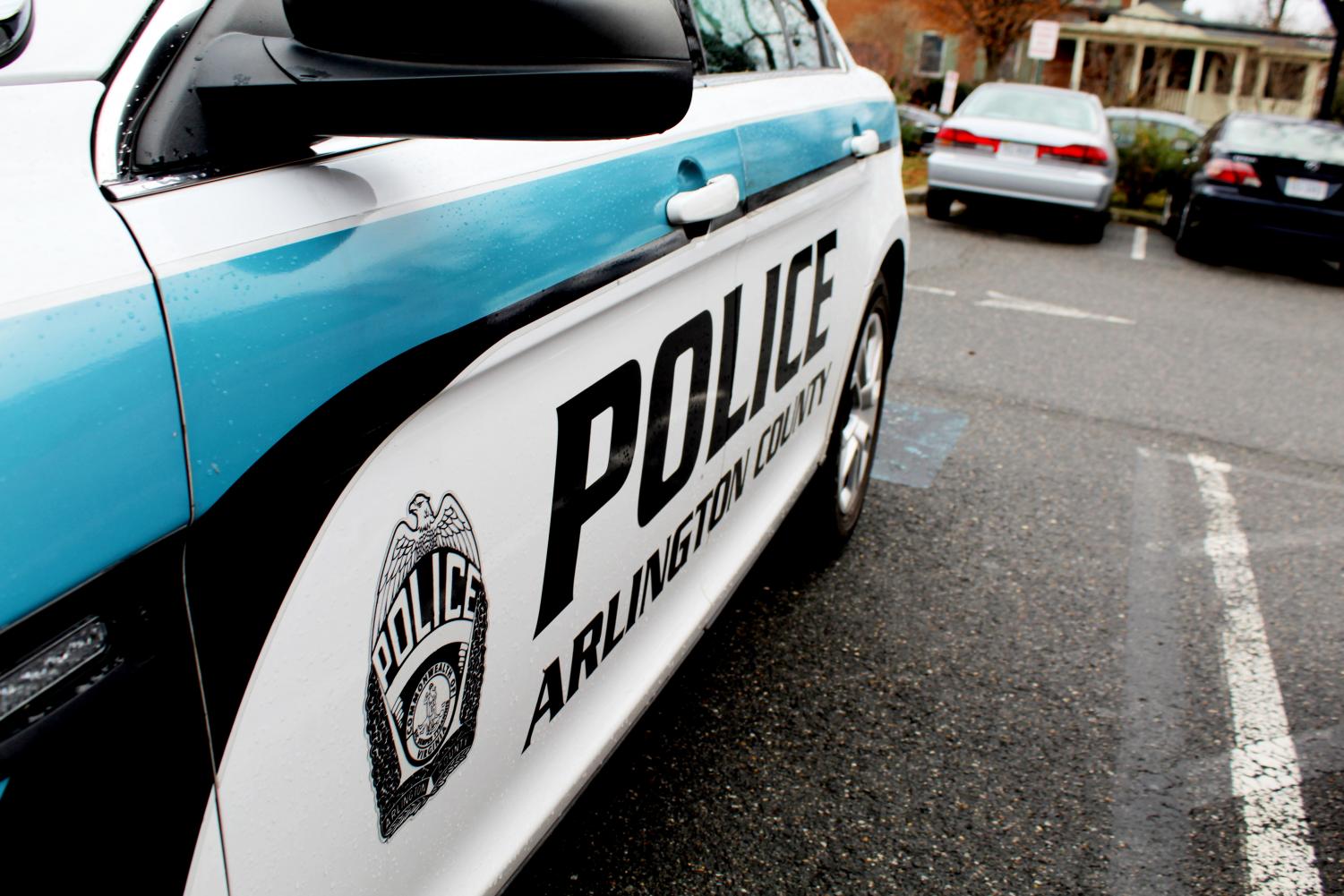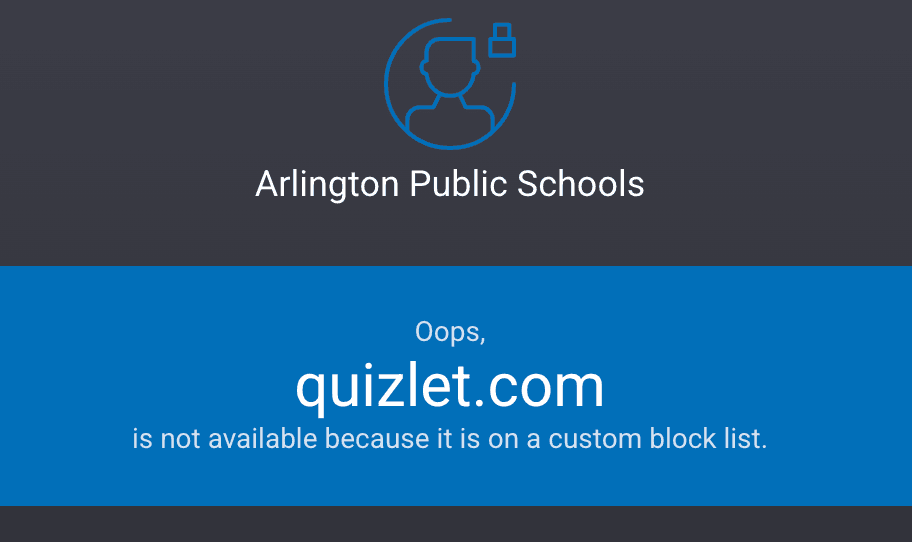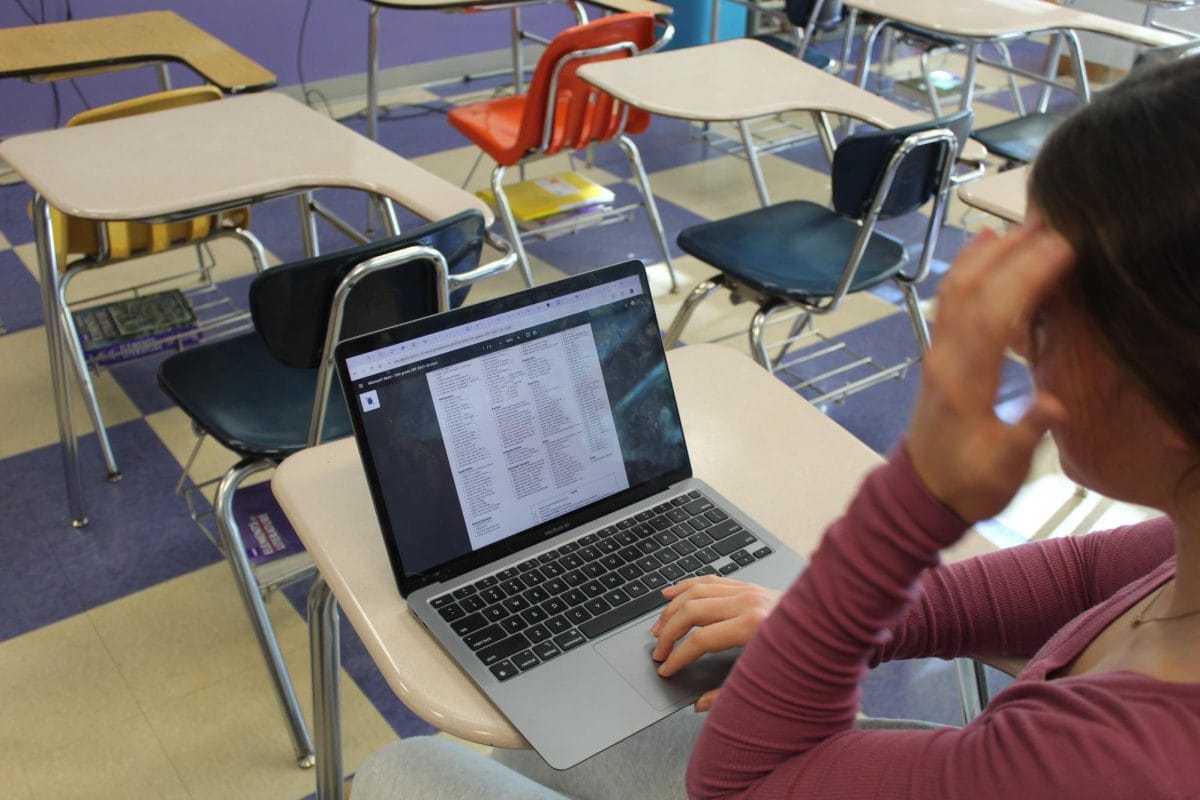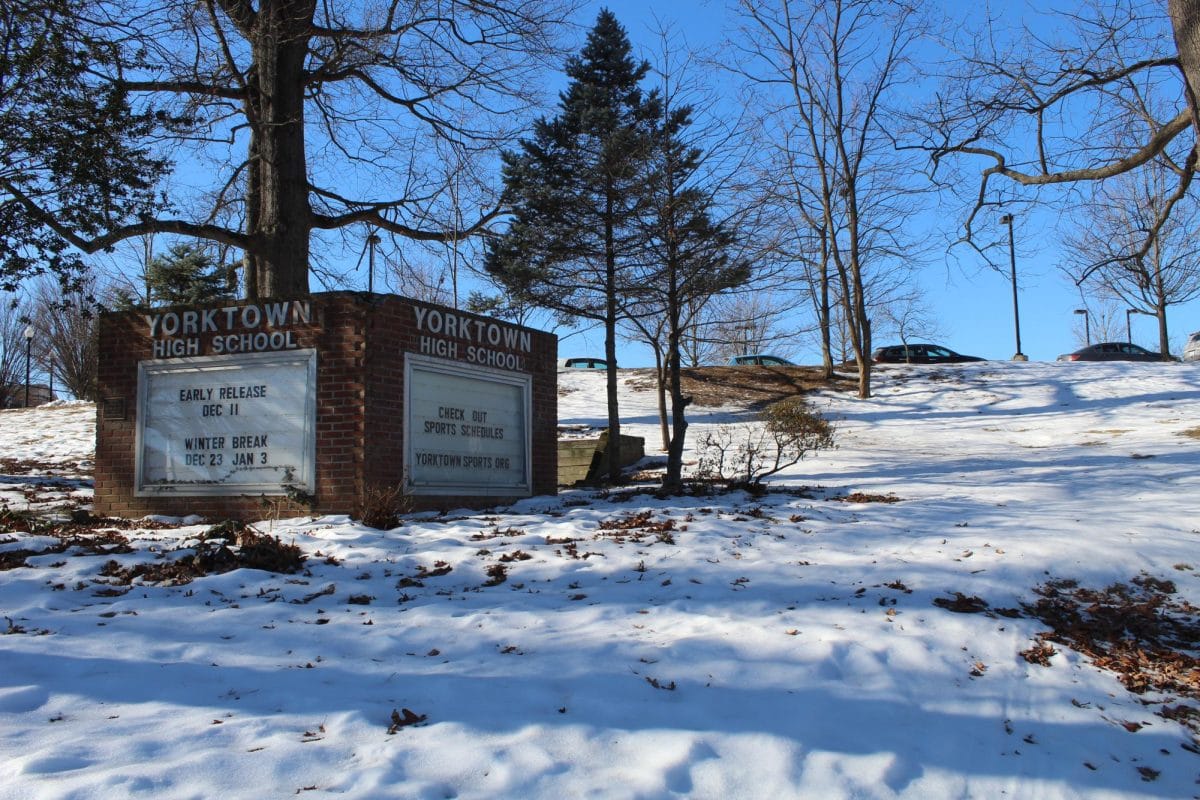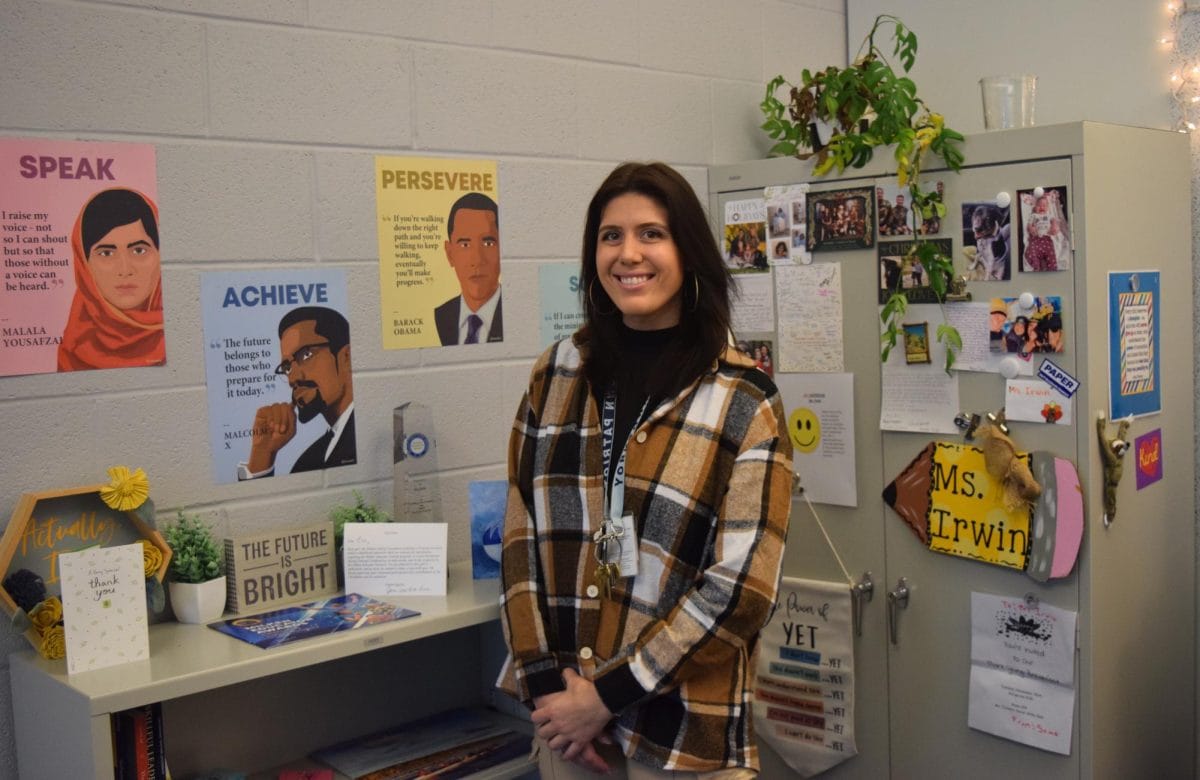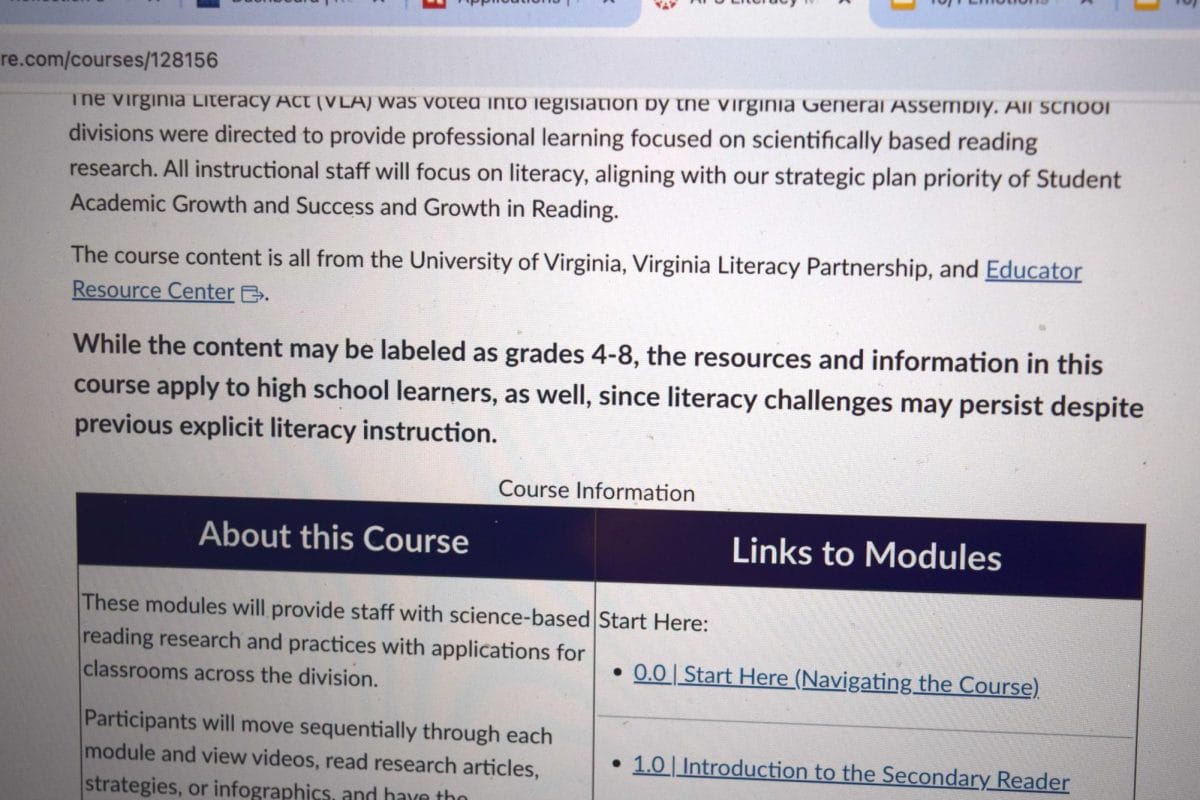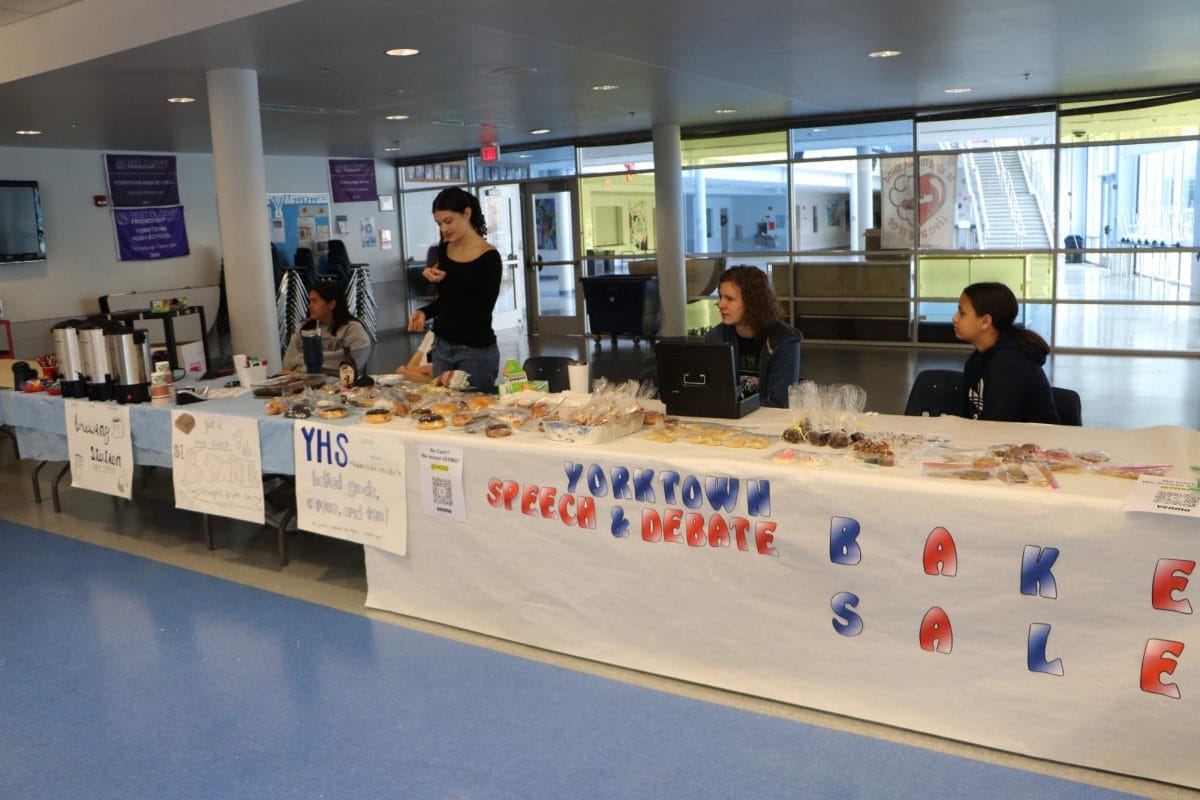For many high school students, their futures already seem to be hanging in the balance. Every decision they make feels grave and every misstep feels final. Yet there are few mistakes as derailing as finding themselves on the wrong side of the law. However, should the situation arise, it is in students’ best interest to know their own rights, though too often these rights are surrounded by ambiguity.
The second students step onto school property, they fall under the jurisdiction of both our administrators and Resource Officer Detective Timothy Koch. Any suspicious or unlawful activity goes through them first. If an administrator has reason, even just a tip from another student, to believe that there is something illegal or against school code in a student backpack, they are authorized to search it. The situation is a little different for Koch.
“[Assistant principals] don’t need as much proof. I need probable cause … I have to know that a crime occurred, or have a strong suspicion that a crime occurred … I have a lot more to prove in order to be able to search a student’s backpack,” Koch said.
Cars parked on school property fall under different rules. Unless a crime is being committed in plain sight, Koch needs either a search warrant or consent to search the vehicle. A warrant typically takes up to an hour or two to come in, but the car is kept under a watchful eye until it does.
“We’ll stand by, nobody’s going to get access to the car. Or we would tow it to a secure area, if something’s going on with the car that it’s causing a danger to the school … safety of the students comes first,” Koch said.
Lockers do not belong to the student, and therefore require no consent for a search. According to Koch, lockers that have yet to be assigned to students can become active in illicit activity, often turning into storage units for drug paraphernalia or rendezvous points for drug sales. Koch can search any locker not currently assigned to a student. Assigned lockers, however, fall to the administrators.
“The principal will search it and I’ll stand by as a witness,” Koch said.
Students with minor offenses are funneled into Second Chance, thus preventing further legal action. Second Chance is an Arlington early intervention program set up to educate teenagers on substance abuse and divert them from a dangerous path. Successful completion of this program wipes their public record of the offense and keeps them from prosecution in juvenile courts.
“We try to do [Second Chance] through the school … it doesn’t put your name in the system as much …. If you’re going to go through Second Chance, and everything’s going to be wiped anyhow, we [do not] really need to go through a court hearing or a court process, but that’s only for minor possession,” Koch said.
Matters become more complicated as the crime becomes more severe. For example, drug distribution on campus is not only a liability for the school, it also puts other students at risk. This immediately makes it a bigger issue.
“If you’re found selling drugs on school grounds, that usually leads to a hearing. First of all, there’s a charge … I’ll get a petition … [but] we don’t embarrass the student here, we don’t try to walk them out in handcuffs … it’s a way of keeping things more private,” Koch said.
The school will typically call parents before students are questioned by a resource officer, but they are not required by law to do so.
“We can do it if we needed to, but as long as I’ve been in the schools we’ve always called the parents first,” Koch said.
Although, Koch has found that students have less trouble telling the truth when their parents are not present.
“I’ll try to put in a good word for [the student] if they’re honest with me … I know they’re going to get in trouble when they get home, and I know their parents are going to be mad and yelling at them. But there are times when, if they’re honest with me, we try and work things out,” Koch said.





































